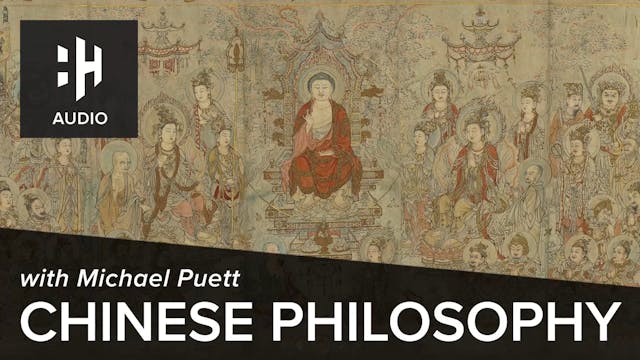Mary Beard on Women and Power
Ancient
•
18m
In Greek and Roman antiquity, women’s voices were proof of their wickedness. The pitch and prattle was considered harmful, even unsanitary. In literature, powerful women were emblems of usurpation and mortal danger. Women speaking in public could not only jeopardize the men close to them, but bring about the fall of a nation. And yet this antiquated way of thinking isn’t quite as antiquated as it seems. Mute women, brutal men, shame as a means of control, androgyny as a means of avoidance: we haven’t progressed as much as we might think we have. And if Mary Beard’s new book, ‘Women & Power’, is about female silence in Ancient Greece and Rome, it is also a rousing call to recognize a heritage of female muteness and, in doing so, to subvert it. In this fascinating Spotlight interview with Dan Snow, Mary Beard explores the many ways that women have inherited a legacy of silence, and what we can do about it.
Up Next in Ancient
-
A Tour of Fishbourne Palace
In 1960, a man was laying a waterpipe underneath the quaint village of Fishbourne near Chichester, West Sussex, when he uncovered what looked like Roman remains. After he duly reported the discover, the archaeologists were called in and they quickly unearthed more and more prestigious finds. They...
-
Maps: Our Place in the World
Many of us can’t help but be obsessed with maps – including Dan. They tell us where we are in the world and let us know how our environment has changed overtime. History, geography and philosophy – maps cross all these fields of study. The history of mapmaking has its roots in the ancient world, ...
-
🎧 Chinese Philosophy
Michael Puett is Professor of Chinese History at Harvard and has lectured widely at the world's leading universities. His course in Chinese philosophy is among the most popular at Harvard and in 2013 he was awarded a Harvard College Professorship for excellence in undergraduate teaching.



